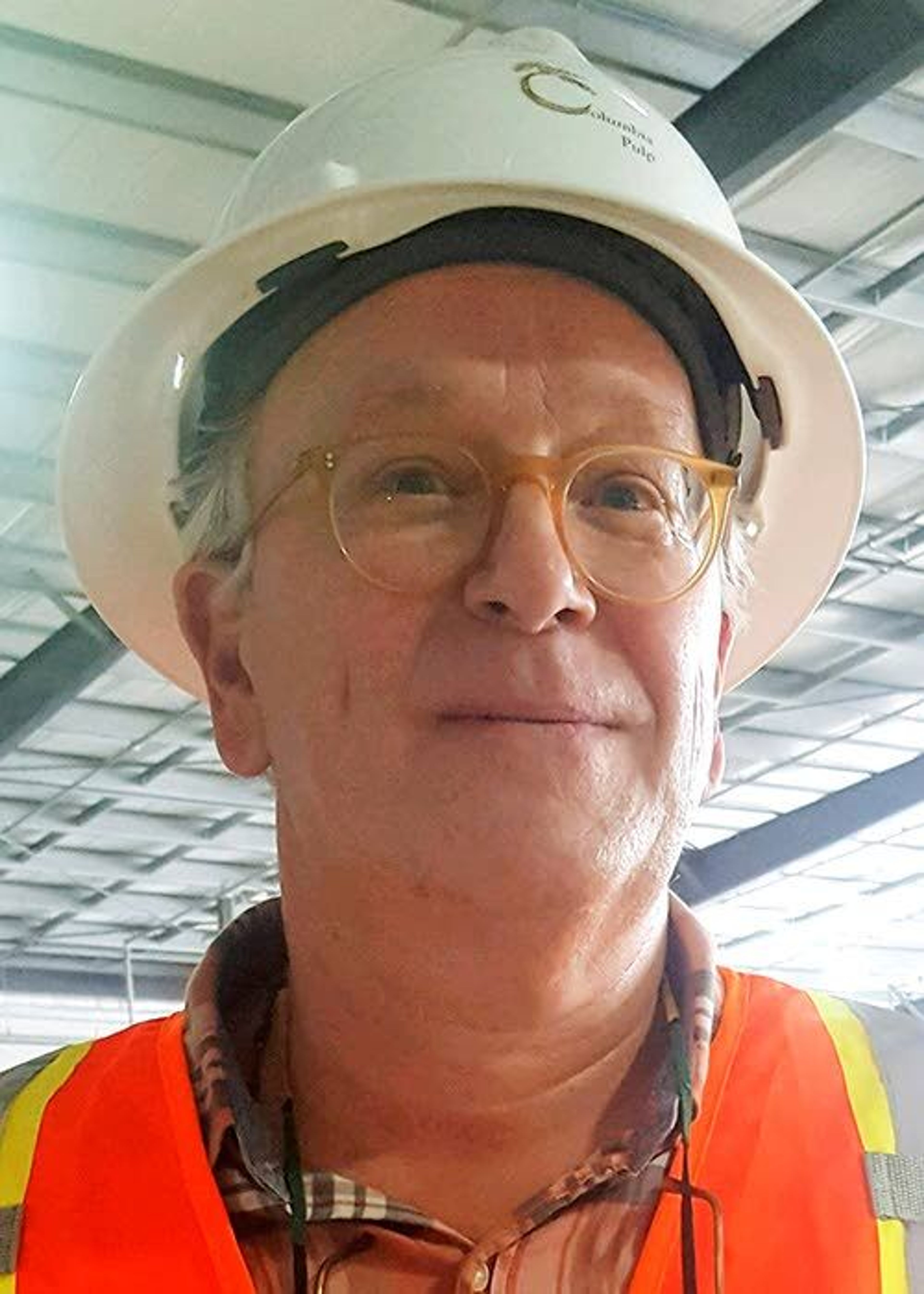Columbia Pulp mill still mostly idled, awaits infusion of cash
Mill near Starbuck, Wash., waiting for infusion of cash before picking up production again
A scaled-back crew of employees continues to work at Columbia Pulp near Starbuck, Wash., while the business seeks an infusion of cash for its wheat straw pulp factory.
The company temporarily stopped pulp manufacturing in March because of the coronavirus pandemic and had hoped to restart in July after using the downtime to perfect its processes, said Mike Schock, a founder and vice president of the company.
A lack of money prevented that, he said.
Instead, 35 employees, including a new plant manager, are doing their regular jobs, which involve tasks such as working with engineers, writing standard operating procedures and keeping customers informed of their progress, Schock said.
Columbia Pulp has maintained medical insurance for about 70 employees who haven’t yet been called back to work, and the company hopes the majority of them return, he said.
“The optimists will tell us we’ll have capital and be ready to rock-and-roll in November,” Schock said.
After that, it will take about six weeks to make upgrades and see how those improvements perform before pulp production resumes, he said.
Columbia Pulp had been overcoming the hurdles that go with building a venture with new technology before COVID-19 hit and made the challenges the company faces, such as training staff on equipment, even tougher, Schock said.
The 140,000-square-foot plant along the Snake River opened in September and temporarily suspended operations just about six months later because of the coronavirus pandemic.
Schock previously told the Tribune that Columbia Pulp was making 50 to 60 tons of pulp per day in March, compared with projections of 100 tons a day for that month and an overall plant capacity of 400 tons per day.
He had noted that was more than adequate progress given the magnitude of what Columbia Pulp is trying to accomplish — taking straw, something that is generally considered waste and a top source of man-made particulate air pollution in Washington when it is burned, and turning it into a commercially viable product.
Executives at Columbia Pulp have appreciated the ongoing support of the communities near the plant, including Pomeroy, Dayton and Starbuck, Schock said.
“I’m optimistic once we get this money, things will fall into place in a timely fashion,” he said.
Williams may be contacted at ewilliam@lmtribune.com or (208) 848-2261.









